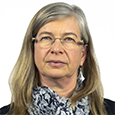
Laura Airoldi
Associate Professor of Ecology, Department of Biological, Geological, and Environmental Sciences, Alma Mater Studiorum - Università di Bologna.
The course introduces the concept of Sustainable Development and the recent debate and policies promoted at the global level to face urgent environmental and societal challenges. 17 Sustainable Development Goals, the SDGs, aiming at addressing ambitious sustainability challenges by 2030, are presented across the course program. The course concludes with a call for action to accelerate and demonstrate the active commitment of the HE community.
The course introduces the concept of Sustainable Development and the recent debate and policies promoted at the global level to face urgent environmental and societal challenges. 17 Sustainable Development Goals, the SDGs, have been promoted by the United Nations in 2015 aiming at responding to those global challenges by 2030. We all are called to transform our world toward a sustainable future, combating most of the inequalities and reducing the environmental impact of our societies. No one has to be left behind in this race, hence we need innovative solutions to address most of the SDGs on time and achieve these ambitious targets.
It is evident that Higher Education plays a major role in this challenge and has a big responsibility in driving the change. Educating future society leaders to sustainability is a must and has to permeate all aspects of your future career and personal life. We want our students to be ambassadors for a sustainable development.
Let’s start by creating knowledge and awareness on sustainability, discovering the richness and interdisciplinary connections that can be established among several topics, at least among the 17 SDGs. In the first week, the course introduces the main concepts and aims at giving back the transversal links existing among the goals. Along the next five weeks, the SDGs are presented, grouped according the 5Ps principles: people, prosperity, planet, peace and partnerships. Beside introducing the main concepts and definitions, we will accompany the SDG with practical examples, from research outcomes to on campus applications. Hence, a comprehensive picture of all the challenges will help you getting a holistic vision of the global challenges and position yourself with your theoretical and professional competences acquired through your study plan as part of the broad society. You will understand your potential contribution and societal mission; in short, you can make the difference towards a sustainable future!
You can access the course absolutely free of charge and completely online.
There are no prerequisites to take this course, but all of your personal experiences related to sustainability science and environmental and social commitment in general will be a useful starting point.
The forum of this MOOC is freely accessible and participation is not guided; you can use it to compare yourself with other participants, or to discuss course content with them.
The course is organized into different weeks and modules. In the last one, you will find a quiz to check your understanding.
The final grade for the course will be calculated based on your performance of the quiz.
The Certificate of Accomplishment will be released to anyone who successfully completes the course by answering correctly to at least 60% of the questions by the end of the edition. You will be able to download the Certificate of Accomplishment directly on the website.
Once you have successfully passed the course, you can request the Certificate of Accomplishment without waiting for the end of the edition.
The Certificate of Accomplishment does not confer any academic credit, grade or degree.
For further information, see FAQ page.
The course was carried out thanks to the contribution of various professors, who kindly offered their expertise on the various sustainability objectives. Hence, we are highly indebted with all the professors from UNIBO and POLIMI and the external contributors listed below. We remind you that all the lectures include the name and affiliation of the teacher.
The complete list of teachers and affiliation:

Associate Professor of Ecology, Department of Biological, Geological, and Environmental Sciences, Alma Mater Studiorum - Università di Bologna.
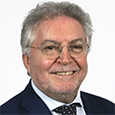
Professor of Economics, Department of Legal Studies, Alma Mater Studiorum - Università di Bologna.
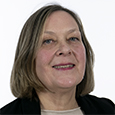
Department of Architecture and Urban Studies, Politecnico di Milano.
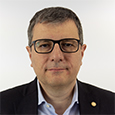
Associate Professor of Power Electronic Converters, Electrical Machines and Drives, Department of Electrical, Electronic, and Information Engineering "Guglielmo Marconi", and Director of First Cycle Degree of Electronics Engineering for Energy and Information, Alma Mater Studiorum - Università di Bologna.
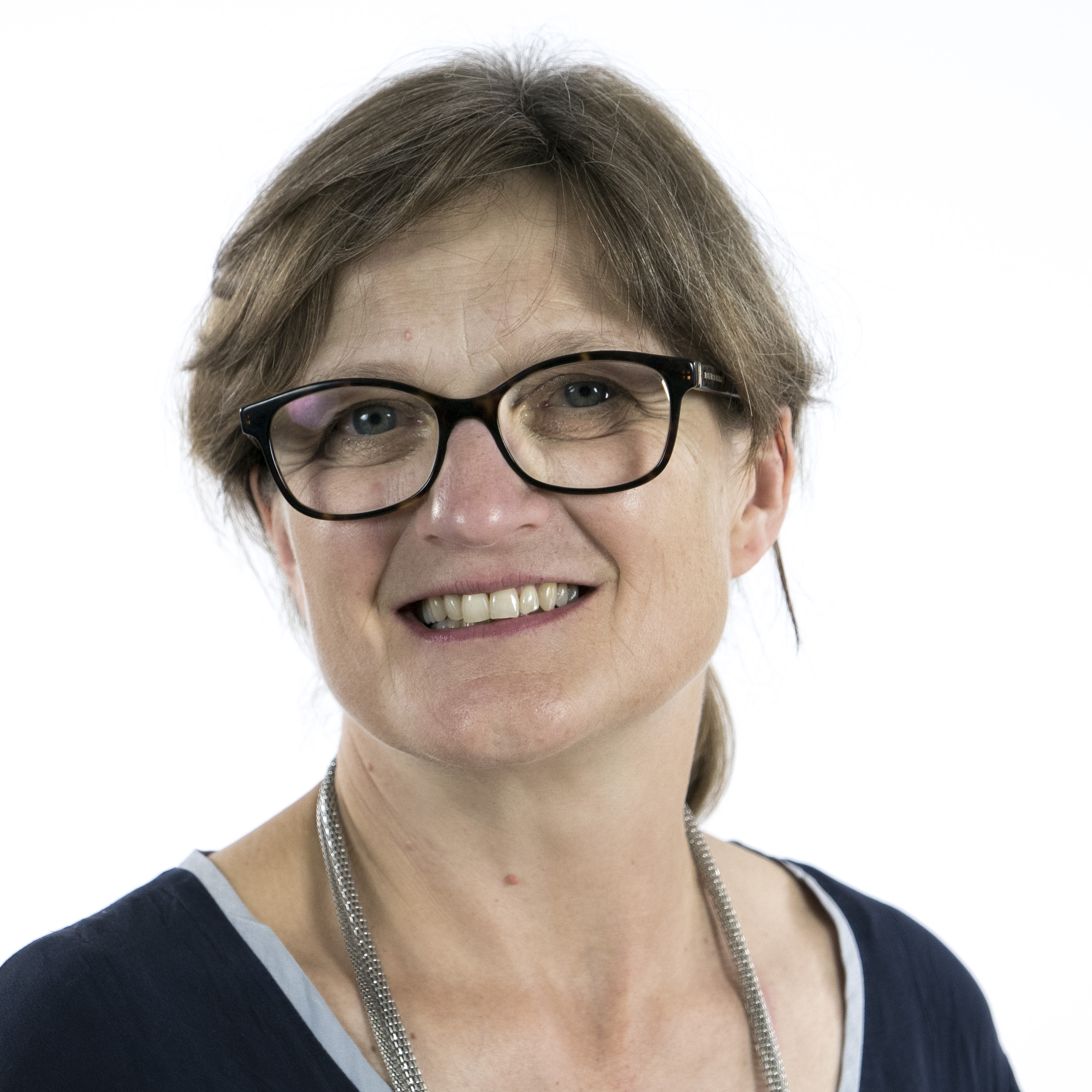
Associate Professor of Engineering of Raw Materials at Department of Civil, Chemical, Environmental, and Materials Engineering, Alma Mater Studiorum - Università di Bologna.
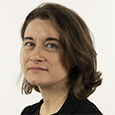
Expert in Methodological and procedural aspects of strategic environmental assessment and environmental impact assessment, Design of decision support tools for the environment and sustainable mobility, Evaluation of the environmental impacts of transport systems; Poliedra Consortium, Politecnico di Milano.
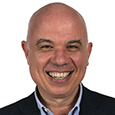
Full Professor of Ecology, Department of Electronics, Information and Bioengineering, Politecnico di Milano.
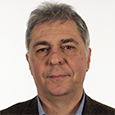
Department of Civil and Environmental Engineering, Politecnico di Milano.
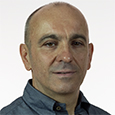
Full Professor of Environmental and Applied Botany, Department of Biological, Geological, and Environmental Sciences; Director of Second Cycle Degree of Sciences and Management of Nature, Alma Mater Studiorum - Università di Bologna.
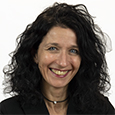
Full Professor of Thermal Engineering And Industrial Energy Systems, Department of Energy, and Rector's Delegate to cooperation and development, Politecnico di Milano.
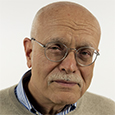
Professor of Decision Models, Department of Design; Director of Poliedra - Politecnico di Milano.
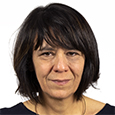
Full Professor of Language and Translation – French, Department of Interpreting and Translation, and Vice Rector for Human Resources, Alma Mater Studiorum - Università di Bologna.
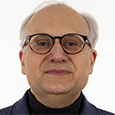
Full Professor of Chemistry and Biotechnology of Fermentation, Department of Civil, Chemical, Environmental, and Materials Engineering, Alma Mater Studiorum - Università di Bologna.
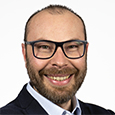
Senior assistant Professor of Methodologies of Teaching and Special Education. Department of Education Studies "Giovanni Maria Bertin", Alma Mater Studiorum - Università di Bologna.
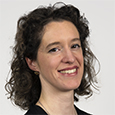
Senior assistant Professor of Methodologies of Teaching and Special Education, Department of Education Studies "Giovanni Maria Bertin", Alma Mater Studiorum - Università di Bologna.
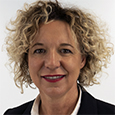
Full Professor of Food Science and Technology, Department of Agricultural and Food Sciences, Alma Mater Studiorum - Università di Bologna.
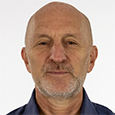
Full Professor of Engineering Geology, Department of Biological, Geological, and Environmental Sciences, and Head of Department of Biological, Geological, and Environmental Sciences, Alma Mater Studiorum - Università di Bologna.
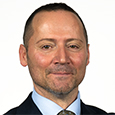
Corporate Social Responsibility Manager.
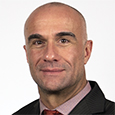
Full Professor of Principles Of Chemistry For Applied Technologies, Department of Chemistry Materials and Chemical Engineering, Politecnico di Milano.
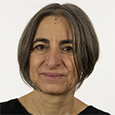
Assistant Professor of Economics, Department of Economics, and Director of Second Cycle Degree of Resource Economics and Sustainable Development, Alma Mater Studiorum - Università di Bologna.
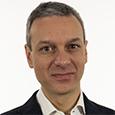
Associate Professor of Urban And Regional Planning, Department of Architecture and Urban Studies, Politecnico di Milano.
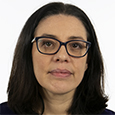
Associate Professor of Business Administration and Accounting Studies, Department of Management, Alma Mater Studiorum - Università di Bologna.
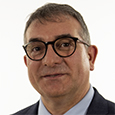
Associate Professor of Business Administration and Accounting Studies, Department of Management, Alma Mater Studiorum - Università di Bologna.
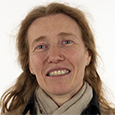
University Sustainability Service, Politecnico di Milano.
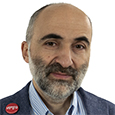
Full Professor of Urban And Regional Planning, Department of Architecture and Urban Studies, Politecnico di Milano.
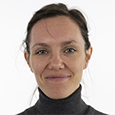
Lecturer, Sustainability and Life Cycle Assessment, Department of Electronics, Information and Bioengineering, Politecnico di Milano.
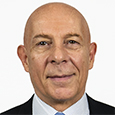
Full Professor of Principles Of Chemistry For Applied Technologies, Department of Chemistry Materials and Chemical Engineering, Politecnico di Milano.
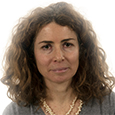
Researcher in Sanitary And Environmental Engineering, Department of Civil and Environmental Engineering, Politecnico di Milano.
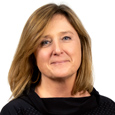
Managing Director at METID (Metodi e tecnologie Innovative per la didattica) at Politecnico di Milano.
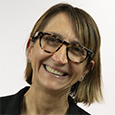
Full Professor of Infectious Diseases of Domestic Animals, Department of Experimental, Diagnostic and Specialty Medicine - DIMES, and Vice Rector for International Relations.
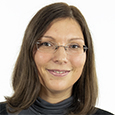
Associate Professor of Business Administration and Accounting Studies, Department of Management, and Guarantee Committee for Equal Opportunities, Employee wellbeing and non-discrimination at work Chair, Alma Mater Studiorum - Università di Bologna.

Quest’opera è rilasciata con licenza Creative Commons Attribuzione 4.0 Internazionale.